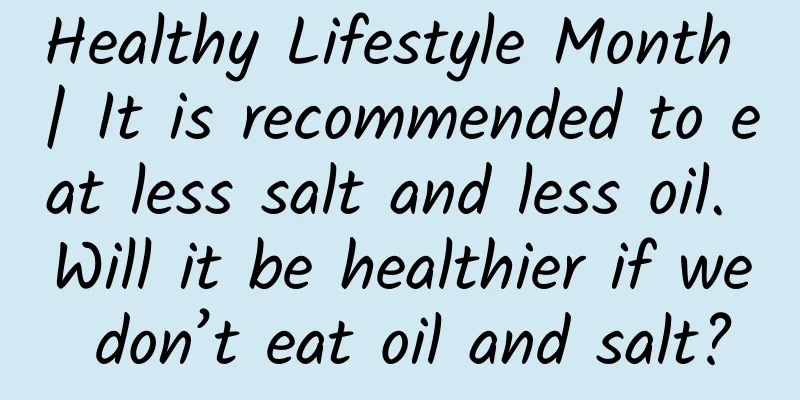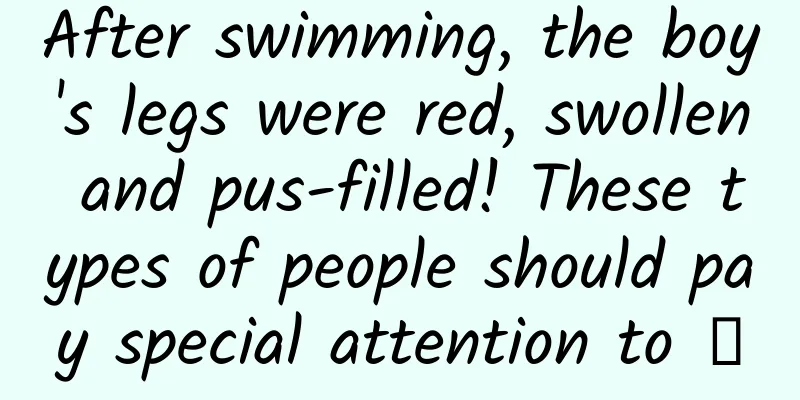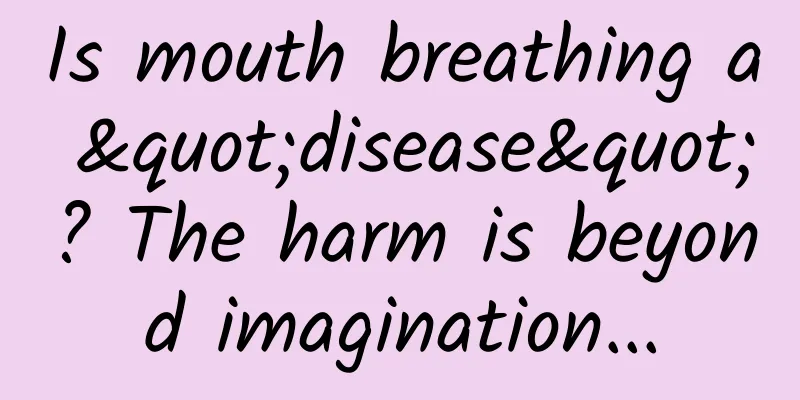Healthy Lifestyle Month | It is recommended to eat less salt and less oil. Will it be healthier if we don’t eat oil and salt?

|
"The seven necessities of life are firewood, rice, oil, salt, soy sauce, vinegar and tea" - life should be full of flavor. Without oil and salt, not only life is tasteless, but also health is damaged~ 1. “Little” is not equivalent to “nothing” Many middle-aged and elderly people may have chronic diseases such as high blood pressure and high blood lipids. At this time, your nutritionist must recommend less salt and less oil, because: ●High salt intake can increase the risk of hypertension, stroke and gastric cancer. ●Excessive oil intake can increase the risk of obesity. However, if you really don't eat oil or salt, it will also affect your health: ●Salt is an important source of sodium for our body. Sodium ions maintain the water and electrolyte balance in the body. Lack of sodium may be life-threatening. ●Oil is an important source of fat for the human body. Fat provides energy, increases satiety, and helps absorb fat-soluble vitamins. It also provides essential fatty acids to form the components of cell membranes and participate in the body's immune function. Is it essential? Therefore, controlling oil and salt should still be within an appropriate range! 2. How much is the appropriate amount of “less”? Less salt: No more than 5g of salt per day. Also pay attention to invisible salt, "micro-invisible" - such as soy sauce, pickles, sauces (curry sauce, beef sauce, etc.), and more hidden salt in commonly eaten foods such as biscuits, bread, cheese, etc., because salt is added during the processing. X cheese (1g sodium = 2.5g salt) Curry Sauce Less oil: The daily cooking oil is 25-30g, and vegetable oil is recommended. A spoonful of oil in a common porcelain spoon is counted as 10g. It is recommended to have an oil pot with a scale at home. Add some oil reduction methods: ●If one of the meals is stir-fried, you should try to steam, boil, stew, braise or mix the other dishes. ●A non-stick pan requires significantly less oil than an iron pan. ●Eat less or no fried food. Salt and oil are indispensable parts to keep food delicious. Many elderly people have poor appetite. If they do not take oil and salt for a long time, it will further affect their food intake. At the same time, the lack of essential nutrients for the human body, such as essential fatty acids and sodium, will also lead to malnutrition in the elderly. Therefore, for the sake of good health, cultivate a light taste and control the amount of salt and oil within a scientific "less" range. References: [2] Chinese Nutrition Society. Scientific Research Report on Dietary Guidelines for Chinese Residents (2021)[M]. Beijing: People's Medical Publishing House, 2021. [3] Sun Changhao. Nutrition and Food Hygiene (8th Edition) [M]. Beijing: People's Medical Publishing House, 2017. Author: Alima | Registered dietitian and Chinese nutrition expert Reviewer: Xu Shufang | Chief Physician of Clinical Nutrition Department |
<<: An article to teach you about mindfulness training
>>: How to deal with fever after chemotherapy?
Recommend
Why do spring pancakes break when they are steamed? Tips for making spring pancakes
As we all know, spring pancakes are a popular tra...
I just smelled paint for 2 months after I got pregnant
The smell of paint is not only irritating, but al...
Big S died suddenly from influenza! Many people don't know how harmful influenza is.
On February 3, 2025, according to media reports, ...
Causes of breast pain when menstruation is approaching
Many female friends will experience some complica...
Will I definitely get pregnant on the day of ovulation?
We know that for women who want to get pregnant, ...
Is it normal for pregnant women not to have fetal dreams?
Perhaps many people know that women may have feta...
Stents, to put or not to put? This is a biomechanical question
As soon as you see the title, you will say: What?...
What are the differences between the symptoms of intrauterine and ectopic pregnancy?
A normal fetus is conceived in the uterus. Pregna...
Sudden breathing difficulties in pregnant women
Pregnant women are like national treasures in eve...
What is the cause of the lumps in the chest at the age of 17?
There is an old Chinese saying that "women c...
Causes of menopausal uterine bleeding
Menopause is a special stage. Women in this stage...
Do you know this about sports injuries?
Author: Wu Weijun, Shanghai First People's Ho...
What is simple endometrial hyperplasia?
For those who suffer from simple hyperplasia of t...
Can I eat durian during menstruation?
Everyone is familiar with fruits like durian. It ...
How long after the abortion test is negative
Nowadays, many people do not handle the situation...









